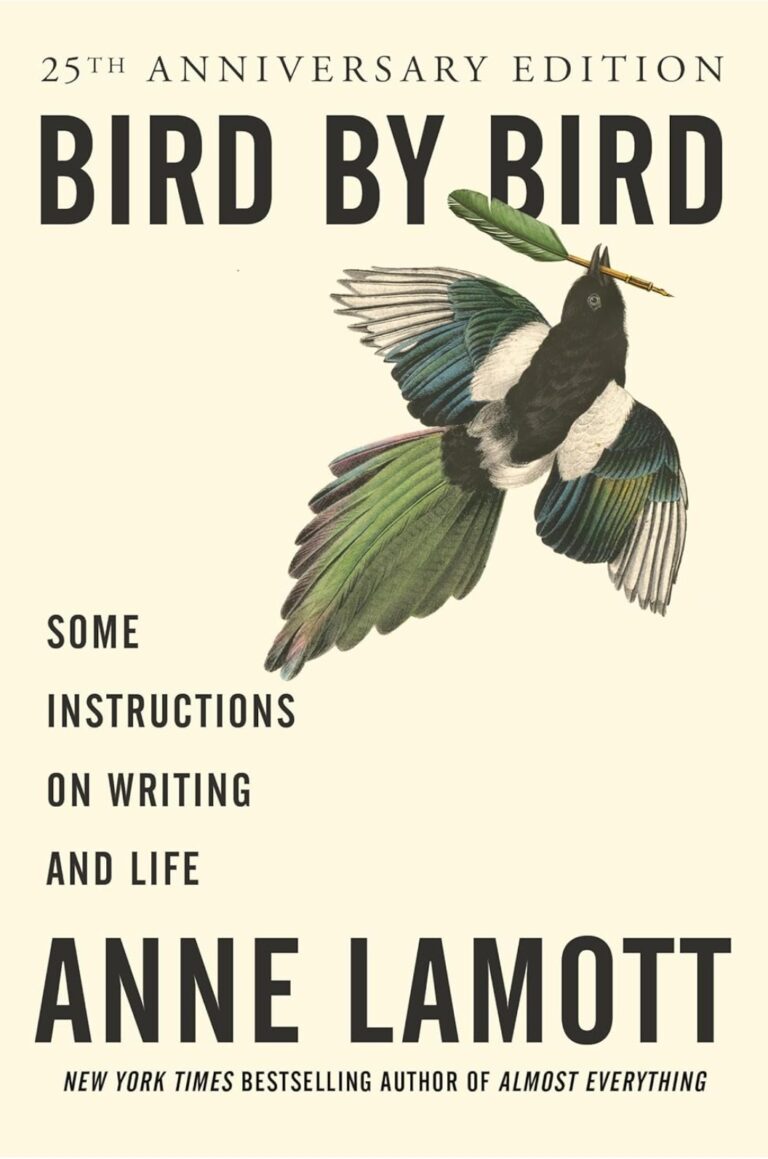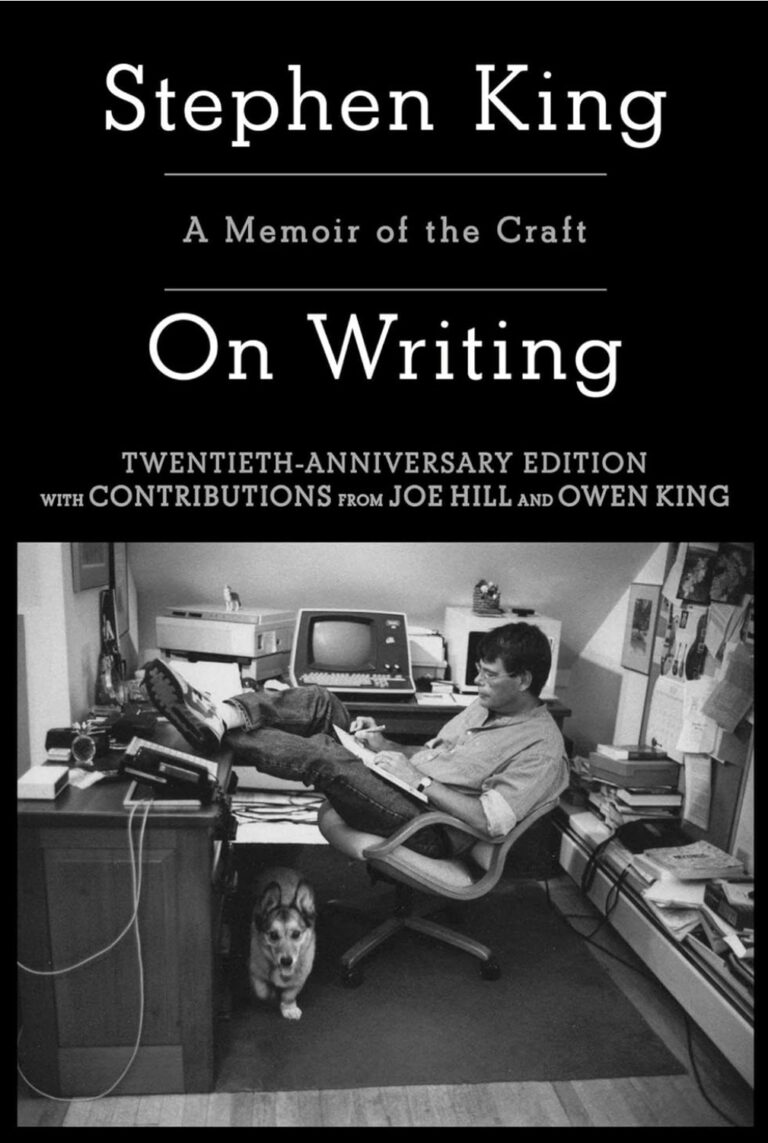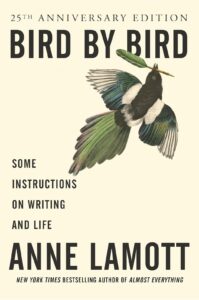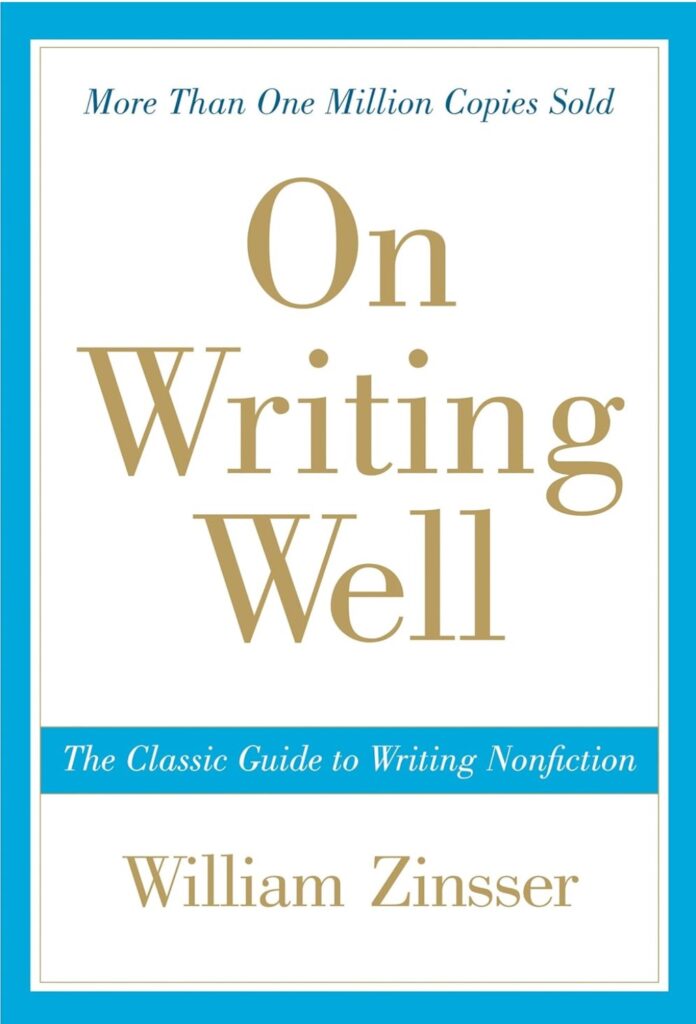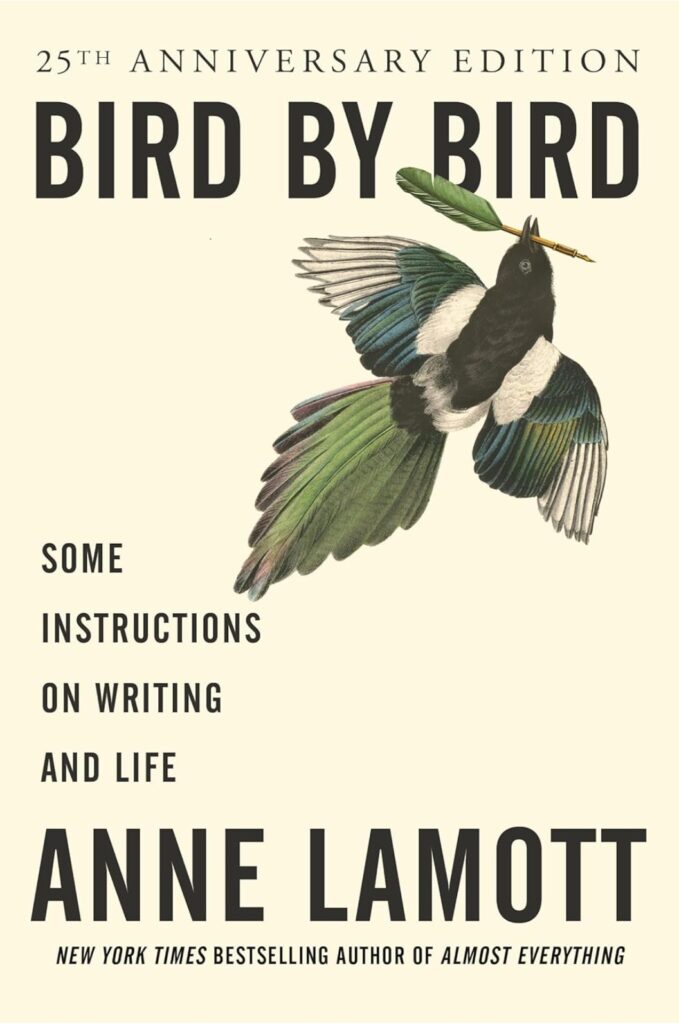Writing short romance novels can be a thrilling yet challenging task. As a romance author who specializes in insta-love stories featuring aliens, paranormal creatures, and unusual scenarios, I understand the importance of crafting a tight, engaging plot.
In my experience, maintaining a balance between pace and depth is crucial to keep readers hooked from beginning to end. Here are some strategies I’ve found effective in crafting compelling plots for short romance novels.
Table of Contents
ToggleDeveloping a Strong Opening
The opening of your short romance novel is crucial. It needs to capture the reader’s attention immediately and set the tone for the rest of the story.
Hooking the Reader
In my experience, starting with an intriguing hook is essential. Whether it’s a dramatic event or a compelling character introduction, the first few sentences should draw readers in.
For instance, in one of my novellas, I opened with an alien hero crash-landing on Earth, immediately creating tension and curiosity.
Setting the Scene
I’ve found that setting the scene early helps ground the reader in the story world. Descriptive but concise world-building can immerse the reader without overwhelming them.
In a story featuring a haunted castle, I used vivid descriptions of the eerie environment to establish the setting quickly, which added to the overall mood and tension.
Creating Dynamic Characters
Dynamic characters are the heart of any engaging plot. They drive the story forward and keep readers emotionally invested.
Flawed but Relatable Characters
In my experience, characters with flaws are more relatable and interesting. A perfect character can feel unrealistic, but one who struggles with their own issues can be compelling. In a novella I wrote about a werewolf struggling with his nature, his internal conflict made him more relatable and his journey more engaging.
Strong Motivations
I’ve found that characters with strong, clear motivations keep the plot moving. Whether it’s love, revenge, or redemption, their goals should be evident and drive their actions. In a story about a vampire seeking redemption, his quest to make amends for past wrongs provided a strong motivation that propelled the plot.
Plotting with Precision
A well-structured plot is essential for a short romance novel. It ensures that the story progresses smoothly and keeps the reader engaged.
Building Tension
In my experience, building tension throughout the story keeps readers on the edge of their seats. This can be achieved through a series of conflicts or obstacles that the characters must overcome.
For example, in a novella featuring an alien and a human falling in love, the constant threat of discovery added tension and kept readers invested in their relationship.
Climax and Resolution
I’ve found that a satisfying climax and resolution are crucial. The climax should be the peak of the story’s tension, followed by a resolution that ties up loose ends.
In a story where a human and a ghost fall in love, the climax involved a dramatic confrontation that tested their love, and the resolution provided a heartfelt conclusion to their journey.
Pacing and Structure
Maintaining a good pace is key to keeping a short romance novel engaging. The story should flow smoothly without feeling rushed or dragging.
Balancing Action and Emotion
In my experience, balancing action and emotional beats is essential. Too much action can overwhelm the reader, while too much emotion can slow the story down.
In a novella about a human and a shapeshifter, I alternated between action-packed scenes and emotional moments to keep the pacing balanced.
Chapter Length and Transitions
I’ve found that varying chapter lengths and using effective transitions can help maintain pacing. Shorter chapters can create a sense of urgency, while longer chapters can delve deeper into character emotions.
Smooth transitions ensure that the reader is not jolted out of the story. For example, in a story about a human and a dragon, I used cliffhangers at the end of chapters to keep readers turning the pages.
Adding Unique Elements
Incorporating unique elements can make your short romance novel stand out. This could be an unusual setting, a unique character trait, or a surprising plot twist.
Unique Settings
In my experience, unique settings can add a fresh twist to the story. For instance, setting a romance in an alien planet with its own set of rules and cultures can provide interesting challenges and opportunities for the characters.
In a novella set in an underwater kingdom, the unique environment added an extra layer of intrigue to the romance.
Surprising Plot Twists
I’ve found that surprising plot twists can keep readers engaged and eager to see what happens next. These twists should be well-foreshadowed but unexpected.
In a story about a human and a witch, a plot twist revealing a hidden connection between the characters added depth and excitement to the story.
Final Thoughts
Crafting a tight, engaging plot for a short romance novel involves developing strong openings, dynamic characters, precise plotting, balanced pacing, and unique elements.
By focusing on these aspects, you can create stories that captivate readers and leave a lasting impression. In my experience, the best short romances are those that combine heartfelt emotions with compelling plots, creating a reading experience that is both satisfying and memorable.
As a romance author, mastering these techniques will help you craft stories that resonate deeply with your audience.












